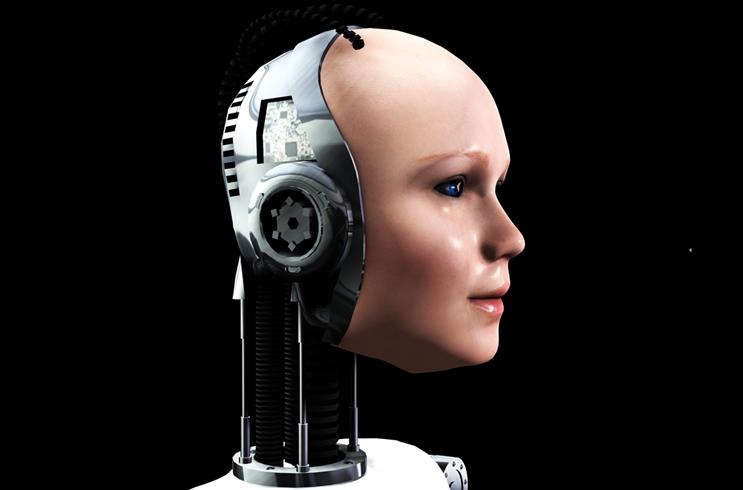
In 1995 Nicholas Negroponte, the co-founder of MIT Media Lab published his seminal book Being Digital exploring digital technologies, their predicted future and what it would mean to live in a digital world.
Twenty years later, we're turning the tables and exploring the theme of Being Human.
There is a fascinating tension in modern life between the inexorable drive to being digital and the innate desire to be human. For every trend there is a counter trend and this battle has been played out time and again in popular culture.
The threat of a world of big data and accelerating technological innovation has become a well trodden theme in Hollywood, from films such as The Terminator (1984), The Matrix (1999) and more recently Ex Machina (2015), to TV series such as Humans (C4) and Mr Robot (Amazon) in 2015.
All of these fictions tell a familiar story of man against machine. However, what’s interesting is that this narrative is now spilling over into the real world with luminaries such as Bill Gates, Steve Wozniak, Elon Musk and even Stephen Hawking all warning against artificial intelligence and rise of the machines superseding the human race.
Steve Wozniak, the Apple co-founder, summed up their collective sentiment when he said: "Like Stephen Hawking and Elon Musk have predicted, I agree that the future is scary and very bad for people". Really?
We should not entirely ignore the apocalyptic predictions of these Hollywood and Silicon Valley prophets. It is easy to see how the stories played out in popular culture can influence how we imagine the future, especially when the technology makes it possible.
But, perhaps, there is an alternative future we can imagine? A more positive and optimistic story in which artificial intelligence and human intelligence work together in optimal ways to solve the world’s problems.
It probably won’t break any box office records – but it might be a narrative we can use to build a better world.
Telling this story, simply and positively, in the world of the media and communications has never been more relevant and necessary than it is now.
The predominant narrative over recent years has been almost exclusively focused on data and technology, artificial intelligence and machine learning with programmatic and a whole complex lexicon of accompanying terminology thrown in for good measure.
It’s important now that we begin to evolve this one-sided story, make it simpler to understand and more compelling for brands and more importantly for audiences that are the recipients of these so-called smart and hyper relevant experiences.
We need human intelligence to be an equal partner to artificial intelligence, not be replaced by it. Together they can achieve great things.
Perhaps the best current example of this is Facebook’s new personal assistant called M. M will build on artificial intelligence with human intelligence in the form of people in an attempt to make its service superior to Apple’s, Siri and Microsoft’s, Cortana.

After all, it’s worth remembering that we are in the business of creating emotional connections with people, not data, or machines and we need to think much more about the experiences that we create for people and audiences, not how we can use their data to relentlessly stalk them.
Genevieve Bell, an anthropologist that leads Intel Labs interaction and experience research, argues that it is easy to be seduced by the transformations in technology into thinking that we as human beings are changing.
But the reality is that most of the things that make us human actually change incredibly slowly. In a fast changing and fast paced world, it’s important to remember that our fundamental human needs remain constant.
As the internet of things, connected homes, cars and wearable technology dramatically increase the volume of personal data being generated by us and our possessions, we need to find ways of using artificial intelligence positively to create value for people that meets their needs.
Being Human relies on us all taking responsibility for how we use the forces of data and technology in the work we do to create better experiences and a better world for people to live in.
This is particularly relevant when applied to media and communications, where using data and technology irresponsibility leads to being ignored, deleted, unsubscribed, blocked and skipped.
The power is in the data and the data is the people so we need to use it to create valuable experiences for them, or risk audiences unwilling to share their power in the future.
Author Ray Kurzweil in his book The Singularity is Near predicts exponential advances in artificial intelligence, alongside technological advances that will irreversibly transform people as they augment their minds and bodies with genetic alterations and nanotechnology.
He says this will lead to technological singularity in the year 2045 when human and artificial intelligence are combined into super-intelligence. Imagine how good The All Blacks will be then…


